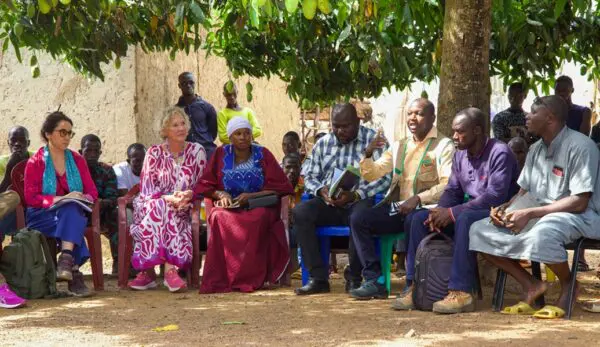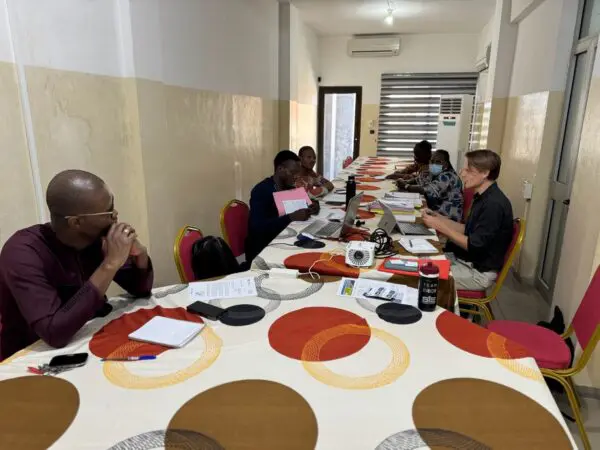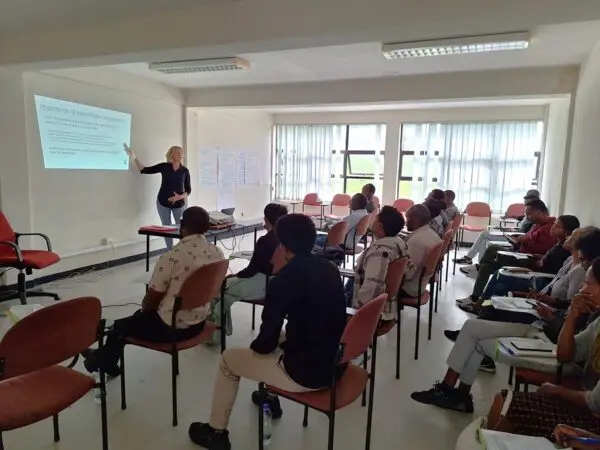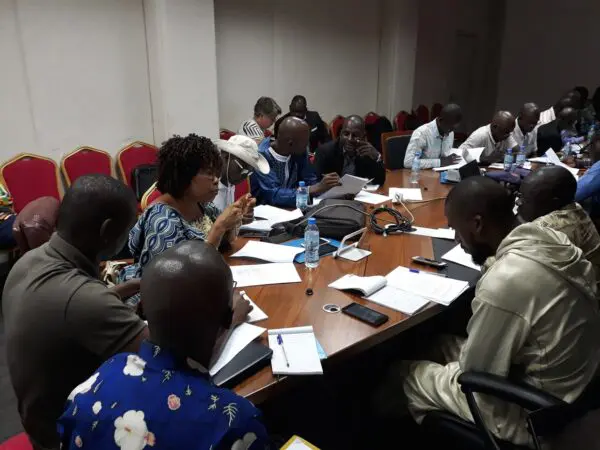Independent review

Daily headlines remind us that planetary boundaries ultimately define our prosperity, health, and security. Environmental impact assessment legislation helps define a legitimate balance between economy, environment, and society in major decisions.
Environmental impact assessment legislation exists at project level (ESIA) and at strategic level (SEA or SESA). Over 100 countries have adopted environmental impact assessment legislation, committing themselves to effectively consider all critical information to predict future impact on nature and people in major decisions. And to take into account the needs and views of people affected by these decisions in a meaningful and transparent manner.
The Netherlands has extensive experience in spatial planning and the environment. Since 1993, the Netherlands Commission for Environmental Assessment (NCEA) advises and supports governments, organisations, and institutes around the world to fully apply environmental and social impact assessment at project and strategic levels. We do this through independent advice and review, coaching, capacity development, and system analysis.



